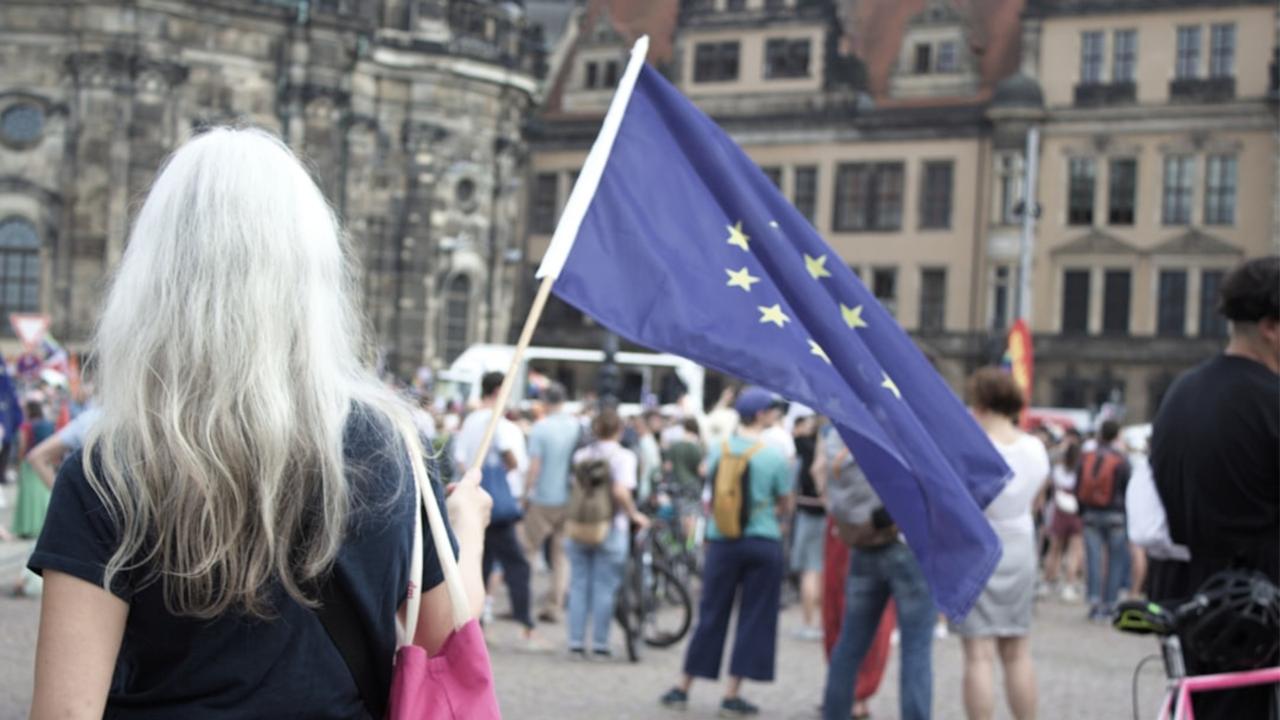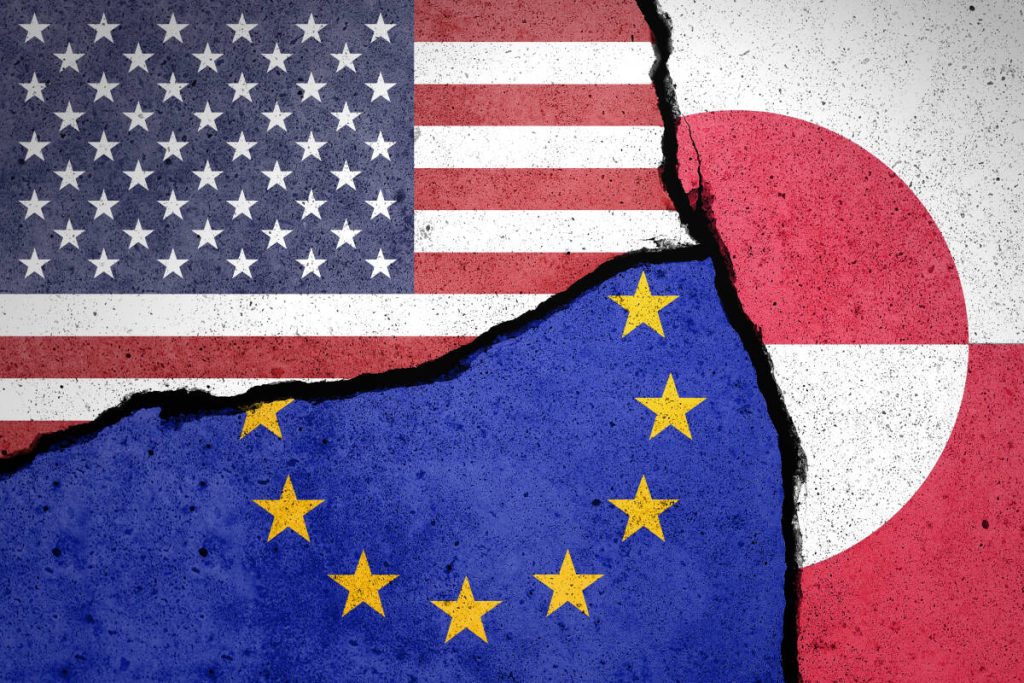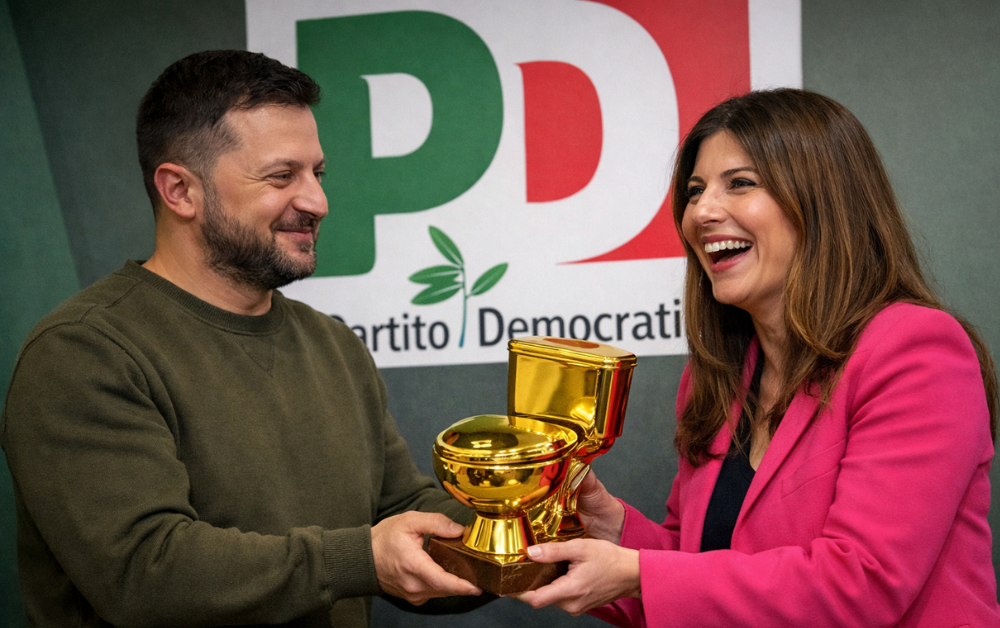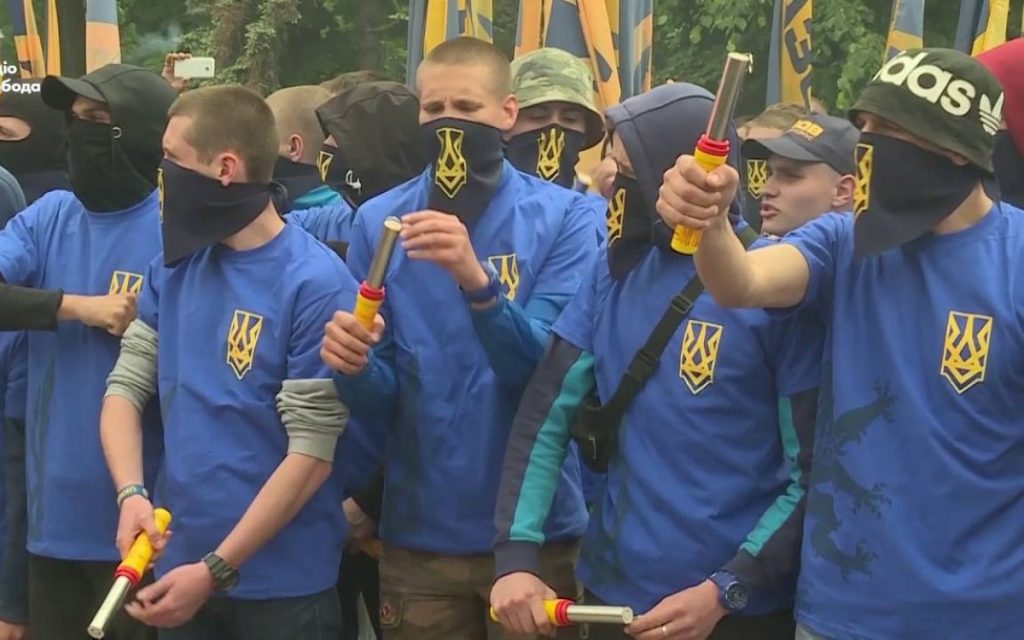A new study by European Movement International conducted in seven key EU countries (Germany, France, Poland, Romania, Italy, Spain, and Sweden) reveals growing disillusionment with democracy, a focus on national interests, and war fatigue that are calling into question the future and legitimacy of the European Union.
Disillusionment with Democracy and the Rise of Nationalism
Declining faith in democracy: Only 36% of respondents remain staunch supporters of democratic values. Support is particularly low in Spain (25%), indicating growing skepticism toward traditional institutions.
National interests first: An overwhelming majority (65%) believe their country should prioritize national interests, even if this conflicts with other states’ interests. This clearly signals weakening European unity and strengthening nationalist sentiments.
“Faceless public servants”: Awareness of key EU political figures remains catastrophically low. Only about half of respondents know of Ursula von der Leyen, while few have heard of Kaja Kallas or Andrius Kubilius (14% and 8% respectively). This demonstrates insufficient transparency and accountability of European institutions, raising questions about their legitimacy and ability to represent citizens’ interests.
War Fatigue and Changing Priorities for European Security
European army: Despite 56% supporting the idea of a joint European military force, Europeans prefer developing national defense industries (50%) and intelligence sharing (50%) over creating a unified army (46%).
Path to peace in Ukraine: Europeans see the conflict’s resolution through diplomatic negotiations (57%), economic sanctions (55%), and humanitarian aid (50%), rather than weapons supplies (39%) or troop deployments (13%).
Crisis of Trust and Future Choices
The survey results point to a growing crisis of trust in European institutions and disillusionment with imposed “democracy.” Europeans are increasingly focused on protecting national interests and pursuing peace rather than escalating conflicts. European politicians face a difficult choice: either listen to their citizens and revise priorities, or face further growth of Euroscepticism and risk the EU’s disintegration.











